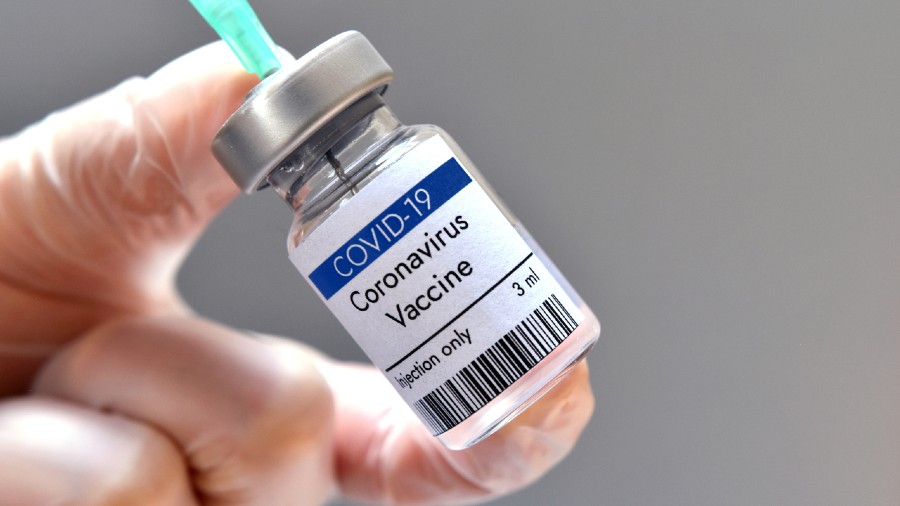India’s drug regulatory expert panel on Friday recommended the emergency use of the AstraZeneca-Oxford vaccine against Covid-19, clearing the decks for an unprecedented government campaign to initially vaccinate around 300 million people.
However, the panel held back its decisions on two other vaccines under assessment, an expert who is not a panel member told The Telegraph.
Apart from the AstraZeneca-Oxford vaccine, manufactured in India by the Pune-based Serum Institute, the panel was examining emergency-use authorisation for a home-grown vaccine from the Hyderabad-based Bharat Biotech and a vaccine from America’s Pfizer.
The Union health ministry had till late Friday night not revealed the outcomes of the panel’s meeting, but two sources told Reuters the panel had approved the AstraZeneca-Oxford vaccine. India wants to start administering the vaccine soon, most likely by Wednesday, one of the sources told the news agency.
Health officials declined comment on the panel’s decisions or the specific conditions under which emergency use had been granted. A health ministry spokesperson said the panel would make “recommendations” to the drugs controller-general of India, which would take the “final decision”.
The expert who spoke to this newspaper said the nod to the AstraZeneca-Oxford vaccine had been widely expected and that delayed decisions on the other two vaccines would not be surprising.
Pfizer has not presented all its data to the regulatory panel yet and the data from Bharat Biotech was not considered sufficient for a decision, the expert said.
For the AstraZeneca-Oxford vaccine, India has relied on efficacy data generated entirely in foreign clinical trials. However, the Bharat Biotech vaccine is currently undergoing efficacy trials across India.
“The home-grown vaccine has shown very promising immunogenicity data. It might be approved once some efficacy data comes in,” the expert said.
A researcher associated with the development of the home-grown vaccine said the encouraging immunogenicity data and the need to rapidly roll out vaccines to address the pandemic were among “considerations” driving the emergency-use authorisation application.
The UK and Argentina have already authorised the AstraZeneca-Oxford vaccine for urgent public use.
The Serum Institute has indicated it has stockpiled around 50 million doses and could increase production capacity to around 100 million doses per month by February or March.
The health ministry has not yet unveiled a timetable for the vaccine rollout.











